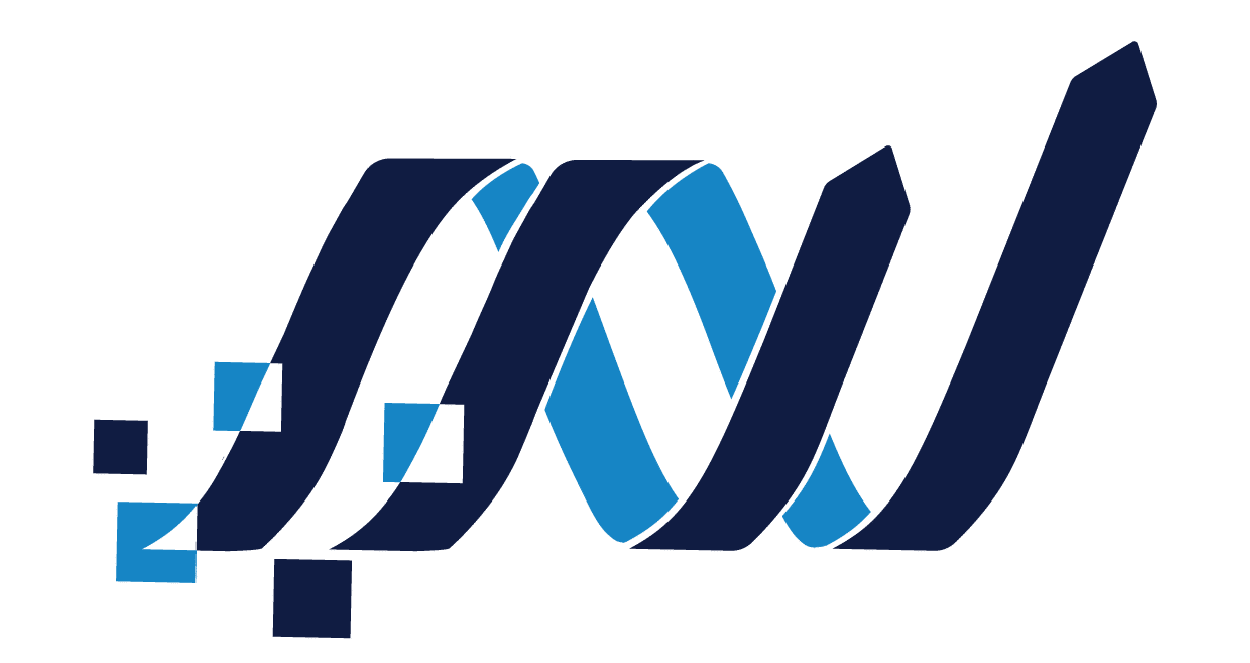Embracing AI in K-12 Education: Insights and Reflections
Recent findings from the Pew Research Center highlight a cautious perspective on the implementation of AI tools in K-12 education, revealing that about a quarter of U.S. teachers believe these tools may be causing more harm than good. While acknowledging these concerns, it is also an opportune moment to discuss how tailored AI solutions can effectively address such challenges and enhance the educational environment.
Key Insights from the Study:
The study underscores a critical debate on the role of AI in educational settings. Teachers' apprehensions likely stem from potential drawbacks like over-reliance on technology, privacy issues, and the effectiveness of AI in curriculum delivery. However, this feedback also provides a valuable foundation for improving and customizing AI tools for educational purposes.
Creating Business Value Through Custom AI Models:
At HolistiCrm, we believe that custom AI models can significantly transform educational methodologies by providing personalized learning experiences and efficient administrative tools. By harnessing the right AI consultancy expertise, educational institutions can leverage technology that supports teachers and enhances student performance.
Addressing Risks and Constraints Positively:
Understanding the skepticism among educators, HolistiCrm advocates for a balanced and holistic approach in integrating AI tools in classrooms. This involves:
-
Collaboration with Education Stakeholders: Engaging teachers in the development process ensures that the AI solutions align with real classroom needs and teaching strategies.
-
Privacy and Ethical Considerations: Implementing robust data protection measures and transparent algorithms to maintain trust and integrity in educational settings.
-
Training and Support: Offering comprehensive training for educators to effectively utilize AI tools, thereby boosting their confidence in using new technologies.
The Role of AI Expertise in Enhancing Education:
As an experienced AI agency, HolistiCrm provides the necessary expertise to build and implement AI-driven solutions that cater to the unique challenges of K-12 education. Our role extends beyond mere technology providers—we are partners in enhancing educational outcomes and teacher satisfaction.
Conclusion:
While acknowledging the concerns raised, a strategic and thoughtful implementation of AI in education could lead to remarkable improvements in teaching and learning processes. By focusing on custom AI models, prioritizing privacy, and engaging educators in the development process, we can mitigate risks and unveil the full potential of AI in education. It is crucial for AI consultancy services like ours to lead the march towards a technology-enhanced educational future that respects and supports the educators' roles.
For more insight on the study, refer to the original article by the Pew Research Center here.
